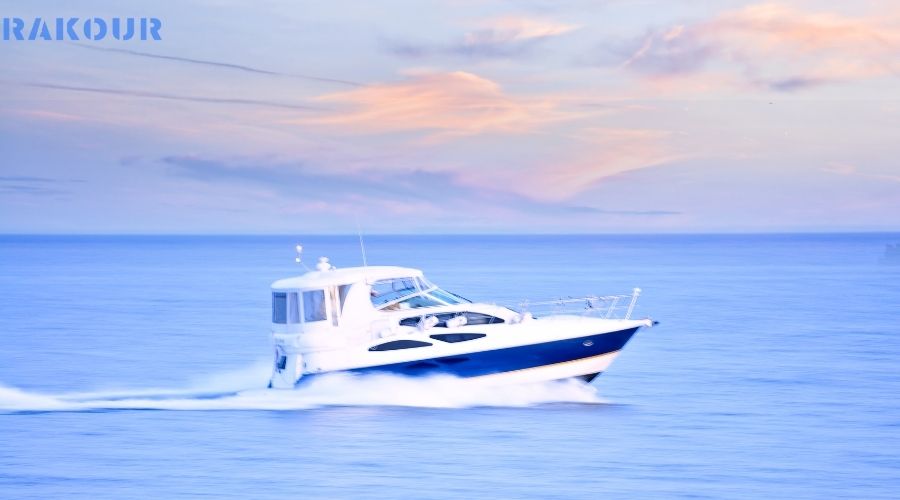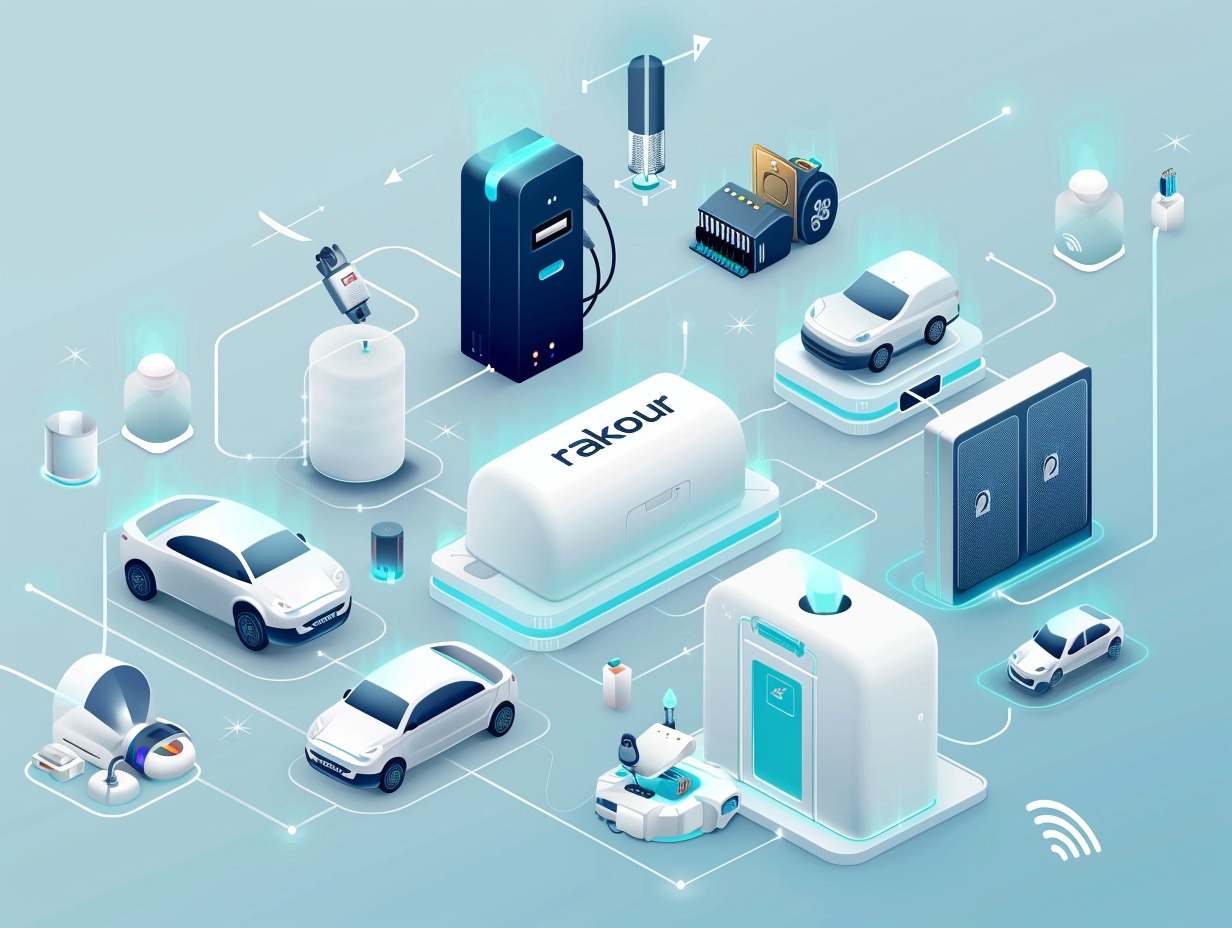Characteristics of Lithium Batteries for Leisure and Recreational Boats

Power and Energy Efficiency
Lithium batteries are renowned for their high energy density, providing more power while being lighter than traditional lead-acid batteries. This efficiency translates to longer cruising times and less frequent recharges, crucial for leisure and recreational boating. Their ability to discharge deeply without damage allows for greater use of available power, enhancing the overall performance and enjoyment of your boating experience.
Size and Weight Considerations
One of the standout characteristics of lithium batteries is their compact size and reduced weight. These features make them ideal for leisure and recreational boats, where space is often limited and weight impacts performance. The lighter batteries facilitate better handling and improved fuel efficiency, making your boating trips more enjoyable and efficient.
Waterproofing and Corrosion Resistance
Given the marine environment, lithium batteries are often designed to be waterproof and resistant to corrosion. This characteristic ensures they can withstand the harsh conditions at sea, including exposure to saltwater. As a result, they maintain performance and longevity, providing boaters with peace of mind during their adventures.
Durability and Longevity
Lithium batteries boast impressive durability, often lasting significantly longer than traditional batteries. With higher cycle life, they can endure more charge and discharge cycles without degrading. This longevity translates to fewer replacements and lower long-term costs for boat owners, making them a more sustainable choice for recreational boating.
Types of Lithium Batteries Suitable for Recreational Boats
Lithium Iron Phosphate (LiFePO4)
Lithium Iron Phosphate (LiFePO4) batteries are known for their thermal stability and long life cycles, making them an excellent choice for recreational boats. They provide consistent power delivery and have a lower risk of overheating compared to other lithium technologies. Their robust structure allows them to withstand harsh marine environments, making them highly reliable for boating applications.
Lithium-Ion (Li-ion)
Lithium-Ion (Li-ion) batteries are lightweight and offer higher energy densities than many other battery types, which is crucial for maximizing space on a recreational boat. They charge quickly and maintain a stable voltage output under varying loads. Their versatility allows them to be used for both starting and deep cycling applications, catering to various power needs on the water.
Voltage and Capacity Options
When choosing lithium batteries for recreational boats, it’s essential to consider voltage and capacity options. Common configurations include 12V, 24V, and 48V systems, allowing boaters to select the right battery for their specific power requirements. Capacity ratings, measured in amp-hours (Ah), help determine how long a battery can provide power, ensuring that users have sufficient energy for their adventures.
Safety and Reliability Features
Safety features in lithium batteries, such as Battery Management Systems (BMS), are crucial for preventing overcharging, overheating, and short-circuiting. Recreational boaters benefit from these features as they ensure the longevity and performance of the battery. Many lithium batteries also have built-in protections against extreme temperatures, adding an extra layer of reliability during marine outings.
Overview of Lithium Batteries for Recreational Boating
Overview of Lithium Batteries for Recreational Boating
Lithium batteries are becoming the preferred choice for recreational boating due to their lightweight design, high energy density, and longer lifespan compared to traditional lead-acid batteries. These batteries provide consistent power output, making them ideal for powering essential marine equipment. Additionally, their compact size allows for flexible installation options on boats, giving boaters the advantage of maximizing available space.
Design and Technological Innovations
Recent innovations in lithium battery design include advanced thermal management systems and enhanced safety features. Manufacturers are now incorporating smart technology that allows for real-time monitoring of battery health and performance via smartphones. This technological advancement not only enhances user experience but also ensures optimal performance and longevity of the battery, making them a reliable option for recreational boating enthusiasts.
Energy Density and Performance
One of the key advantages of lithium batteries is their high energy density, which enables them to store more energy in a smaller package compared to other battery types. This translates to longer usage times and greater power availability while on the water. Furthermore, lithium batteries maintain stable voltage levels throughout their discharge cycle, providing consistent power for various onboard devices without significant drops in performance.
Maintenance and Care Guidelines
Proper maintenance is crucial for maximizing the life of lithium batteries in recreational boating. Regular checks for corrosion at terminals and ensuring cells are balanced can prevent performance issues. Additionally, it’s essential to monitor battery charge levels, avoid deep discharges, and store the batteries in a cool, dry place when not in use. Following these care guidelines will help ensure reliability and efficiency during your boating adventures.
Benefits of Lithium Batteries Compared to Traditional Marine Batteries
Extended Lifespan
Lithium batteries offer a significantly longer lifespan compared to traditional marine batteries. While conventional lead-acid batteries typically last around 3-5 years, lithium batteries can endure up to 10 years or more with proper care. This extended longevity translates to reduced replacement costs and less environmental waste, making lithium an increasingly popular choice for marine applications.
Rapid Charging Capabilities
One of the standout advantages of lithium batteries is their rapid charging capabilities. Unlike traditional marine batteries that may take a long time to fully charge, lithium batteries can often charge up to 80% in just one hour. This feature is particularly beneficial for boaters who need to spend less time tied to the dock and more time on the water.
Lightweight and Compact Design
Lithium batteries are considerably lighter than traditional marine batteries, which is crucial in marine settings where weight distribution impacts performance. A typical lithium battery can weigh up to 70% less than its lead-acid counterpart. This compact and lightweight design not only saves on space but also improves fuel efficiency, making them an attractive option for boat owners.
Consistent Power Output
Lithium batteries provide consistent and stable power output, regardless of the remaining charge. In contrast, traditional batteries may exhibit a drop in power as they deplete. This reliability ensures that marine electronics function optimally throughout trips, enhancing safety and overall boating experience.
Higher Depth of Discharge
Lithium batteries allow for a higher depth of discharge (DoD) compared to traditional batteries. Most lead-acid batteries can only be discharged to about 50% of their capacity without experiencing damage, while lithium batteries can safely be used down to 20% of their total capacity. This means more usable power for longer trips, making them more efficient for marine use.
Improved Performance in Extreme Conditions
Lithium batteries maintain superior performance in extreme temperatures compared to traditional marine batteries. While lead-acid batteries can struggle in cold weather, lithium batteries can function effectively in a wider range of temperatures. This characteristic is essential for marine environments where temperature fluctuations can be significant, ensuring reliability when it matters most.
Rakour: Providing Lithium Battery Solutions for Leisure Boats
Expertise in Marine Battery Engineering
At Rakour, our team consists of experts in marine battery engineering who understand the unique demands of leisure boats. With years of experience, we tailor our lithium battery solutions to enhance performance and reliability on water. Our engineers ensure that each battery is optimized for energy efficiency and longevity, providing boaters with dependable power for all their adventures.
Avanserte produksjonsteknikker
Rakour employs state-of-the-art manufacturing techniques to produce high-quality lithium batteries for leisure boats. Our facilities are equipped with the latest technology, enabling precision in every aspect of production. From automated assembly lines to rigorous testing equipment, we ensure that each battery meets the highest standards, optimizing performance and safety for our customers.
Kvalitetskontroll og kvalitetssikring
Quality is our top priority at Rakour. We implement a stringent quality control and assurance process throughout the entire manufacturing cycle. Each lithium battery undergoes comprehensive testing to guarantee functionality, safety, and durability, ensuring our products meet industry standards and exceed customer expectations. Our commitment to quality sets us apart in the marine battery market.
Innovasjon og bærekraft
Rakour is dedicated to innovation and sustainability in the marine battery sector. We continuously invest in research and development to create advanced lithium battery solutions that are both efficient and environmentally friendly. Our goal is to provide leisure boaters with cutting-edge technology while minimizing the impact on our planet, paving the way for a greener future in boating.
Kundesentrert tilnærming
At Rakour, we pride ourselves on our customer-centric approach. We work closely with leisure boat owners to understand their specific needs and preferences, tailoring our lithium battery solutions accordingly. Our dedicated support team is always on hand to provide expert advice and assistance, ensuring that each customer enjoys a seamless experience from selection to installation.


